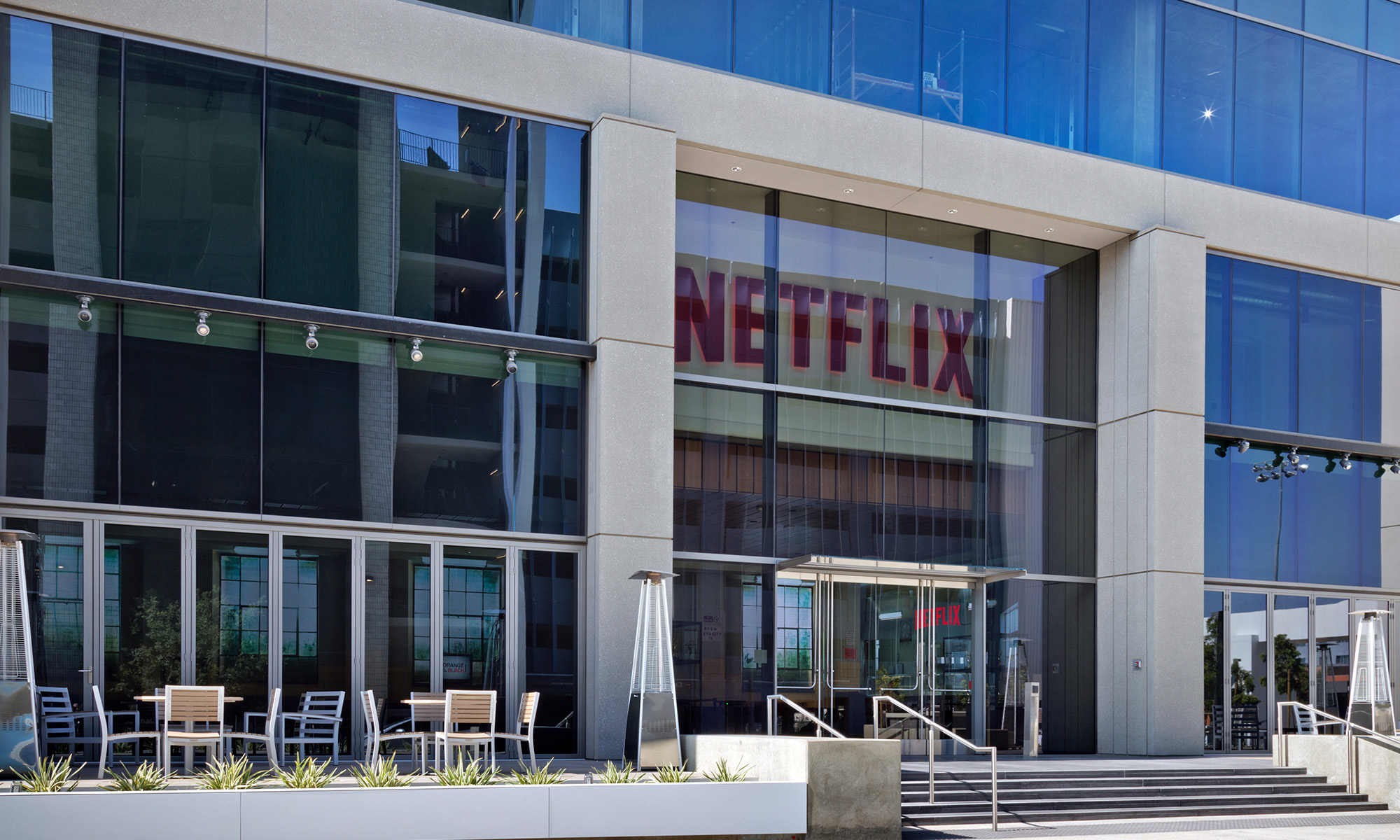In 2017, Netflix (NFLX 2.15%) struck a partnership with wireless carrier T-Mobile to include a Netflix subscription in its mobile plans. The streaming leader has since struck numerous partnerships with carriers, video distributors, and internet service providers throughout the world. It's proven to be an effective way for Netflix to produce incremental subscriber growth and engagement.
Disney (DIS +0.00%) hasn't failed to notice the success of these partnerships. Ahead of its U.S. Disney+ launch, it partnered with Verizon (VZ +0.61%) to offer select wireless and home internet subscribers a free year of the streaming service. It's repeating that process ahead of its European launches coming later this month. It partnered with Canal Plus in France and Comcast's (CMCSA +1.18%) Sky in the U.K. and Ireland.
These partnerships have the potential to pull forward many Disney+ subscribers, helping Disney reach its goal of 60 million to 90 million global subscribers faster than the five-year outlook it provided last year. It already has nearly 30 million subscribers after a successful North American launch. Additionally, Disney's efforts could have an effect on Netflix's partnership strategy as well.

Image source: Disney.
The potential effect of partnerships on Disney+
Disney+ will get a subscriber boost from its partnerships with Verizon, Canal Plus, and Sky.
The Verizon partnership in the United States produced around six million subscribers for Disney+, and it has the potential to produce even more. Analysts estimate about 17 million subscribers are eligible for the free one-year promotion. What's more, Verizon's fourth-quarter results indicate consumers may be choosing Verizon over the competition, because Disney+ is part of its offering. That trend could continue through the next three quarters, which means more subscribers for both companies.
Disney is likely to see similar benefits from Canal Plus and Sky. Canal Plus is the exclusive third-party distributor of Disney+ in France, which means it can put additional marketing efforts behind that differentiating factor. Non-Canal subscribers will still be able to subscribe directly to Disney+ over-the-top, but many consumers in France still stream video through their pay-TV set-top boxes. Canal Plus' eight million or so French subscribers should provide a nice boost to the worldwide total.
The deal with Sky will put the Disney+ app on the Sky Q set-top box platform, and it'll be included in Sky's Now TV streaming platform when it launches. It's not clear whether the multi-year agreement is exclusive or how much Sky might contribute to marketing Disney+. That said, just the presence of the Disney+ app on the Sky Q platform will improve its chances of signing up new subscribers. Comcast plans to accelerate Sky Q deployment in 2020, reaching X1 penetration levels (greater than 60%).
Netflix's early partnership with Sky parent Comcast had similar characteristics and notably produced incremental reach for the streaming pioneer. Disney should expect to see some benefit in reach from the partnership.
Does Netflix need to worry?
Disney+ isn't done making new partnerships. Kevin Mayer, head of Disney's Direct-to-Consumer & International segment, said the company will form other partnerships like it did with Canal Plus. In some countries, partnerships may be the service's only form of distribution with no direct-to-consumer option.
As Disney signs on more and more partners, it potentially lowers the appeal a Netflix partnership might have on the distributors' or wireless carriers' results. As such, Netflix may have to accept less favorable terms for similar distribution deals than in the past.
That said, CFO Spence Neumann isn't too concerned. He believes Netflix's focus on producing more original series and films that people want to see will drive subscriber growth with or without partners. Moreover, producing content with strong consumer demand will make Netflix a more appealing partner than Disney or any other over-the-top service on the market.
Still, investors should monitor Disney's efforts, especially if it can ink deals with telecom or pay-TV companies that effectively lock Netflix out of a potential partnership. While these deals represent a small percentage of total subscribers for Netflix, they are a key piece of the company's growth strategy going forward, so any obstacles from the competition have the potential to result in slower-than-anticipated subscriber growth.










